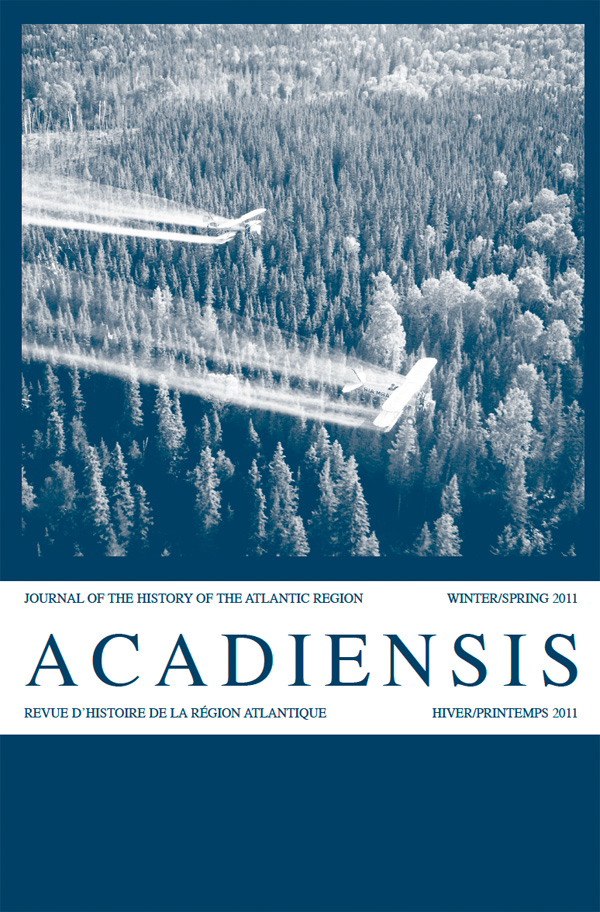Abstract
During the First World War a widespread public impression that merchants were taking advantage of the conflict to extract excessive profits became a major issue in Newfoundland politics, and a cause of widespread public discontent. The Fishermen’s Protective Union and other labour organizations were able to use the profiteering issue as a catalyst for political mobilization, and by 1917 had succeeded in forcing the state to take a greater role in regulating the economy. While their gains turned out to be short-lived, the episode marked a significant moment in the history of collective action by Newfoundland’s labouring classes. Résumé Au cours de la Première Guerre mondiale, l’impression courante parmi le public selon laquelle les marchands tiraient avantage du conflit pour soutirer des profits excessifs devint un enjeu de premier plan dans la vie politique à Terre-Neuve et la cause d’un mécontentement public répandu. Le Fishermen’s Protective Union et d’autres organisations syndicales surent utiliser la question du mercantilisme comme un catalyseur de mobilisation politique et réussirent en 1917 à forcer l’État à accroître son rôle en matière de régulation de l’économie. Bien que leurs gains se soient avérés de courte durée, l’épisode marqua un moment déterminant dans l’histoire de l’action collective des classes ouvrières de Terre-Neuve.Copyright for articles published in this journal is retained by the author(s), with Acadiensis being granted a non-exclusive licence to each and every right in the work throughout the world. After publication of the work, the author(s) shall have the right to self-archive the work and to reprint the work in whole or in part in books authored by or edited by the author(s) without the payment of any fee. In these other formats, however, the author or authors are required to acknowledge the original publication of the work in the pages of the journal. In the case of any requests to reprint the work, Acadiensis will require a standard permission fee -- to be divided equally between the journal and the author. In the event that such requests are received by the author(s), the author(s) shall direct such requests to the journal.

